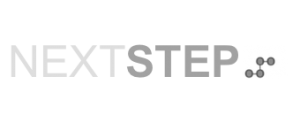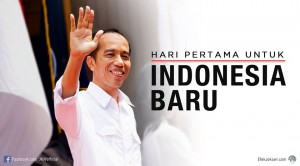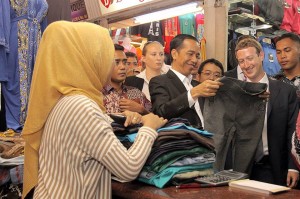Papuans in USA
From the most remote regions of Indonesia, they have come to the USA to prepare themselves to bring change to their communities.
Populated by tribal groups, Papua is home to around 312 different tribes, including some un-contacted peoples. The ancient cultures of Papua have remained disconnected from all forms of modern progress. This isolation has given them a sense of identity and autonomy which would be challenged at every level as outsiders began to approach them. Under the jurisdiction of Indonesia since 1969, Papua lies hundreds of miles to the east of Jakarta. It is the last in the string of Indonesian islands.
In recent years a new generation of Papuans has emerged who are committed to their people and land and preparing themselves to bring 21st century leadership to their communities.
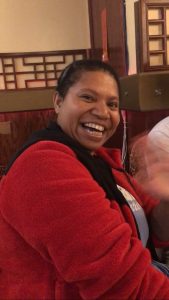 Veronica grew up in Sentani. She lost her father at a very early age and her Mom worked very hard to support her and her other five siblings. She worked at an airfield and began to learn about airplanes and airport management. Today, she is studying Business Management and wants to continue to study Aviation Administration management for a masters degree and dreams of providing air transport to remote areas of the vast island.
Veronica grew up in Sentani. She lost her father at a very early age and her Mom worked very hard to support her and her other five siblings. She worked at an airfield and began to learn about airplanes and airport management. Today, she is studying Business Management and wants to continue to study Aviation Administration management for a masters degree and dreams of providing air transport to remote areas of the vast island.
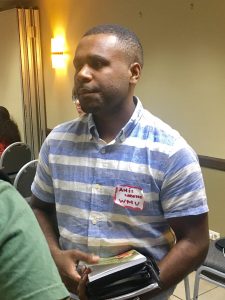 Anis comes from the remote Highlands, an area surrounded by 3,000 meter high mountains: the only place where one can find snow in Indonesia. He is studying Aviation and Political Sciences and dreams of creating transportation systems that will ease commerce lowering the prices of goods and services.
Anis comes from the remote Highlands, an area surrounded by 3,000 meter high mountains: the only place where one can find snow in Indonesia. He is studying Aviation and Political Sciences and dreams of creating transportation systems that will ease commerce lowering the prices of goods and services.
These two, among the 14 other Papuan students, are preparing themselves to make a difference in their communities. The enthusiasm and commitment to their people is evident in the way their plans were explained.
FICA (Fellowship of Indonesian Christians in America) in an organization dedicated to bring students, in this case – Papuans and mostly Chinese-Indonesians – to work together represents a major step forward in forging a better future for the nation.
The people of Papua feel colonized by Indonesia. The political and economic injustices that have ensued as a result of being ruled by outsiders have nurtured anger and resentment. The attempts by the central government to be of assistance and encourage development have constantly been marred by the corruption that is endemic in all governmental endeavors.
In the mean time, socially, Papua is unraveling. People coming to the urbanized centers from their remote villages experience such clash of civilizations that it overwhelms them. The rates of HIV-AIDS, drug abuse, and promiscuity among young people are among the highest of the nation. A whole generation of young people is being lost. Unfortunately, the traditional safety nets no longer hold society together.
In these uncharted waters there are no road maps that can assure a stable and prosperous future for the people of Papua.
This 24th annual FICA gathering represents a fresh wind of hope for the people of Papua. By bringing together Indonesians from 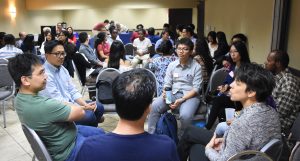 diverse backgrounds FICA is laying a great foundation for the future. I experienced this firsthand as students interacted with each other, both in discussion groups as well as simply sightseeing at night in downtown Chicago.
diverse backgrounds FICA is laying a great foundation for the future. I experienced this firsthand as students interacted with each other, both in discussion groups as well as simply sightseeing at night in downtown Chicago.
The plans being crafted between students in the USA will define working partnerships that could last a lifetime, representing real hope for unity and progress.
